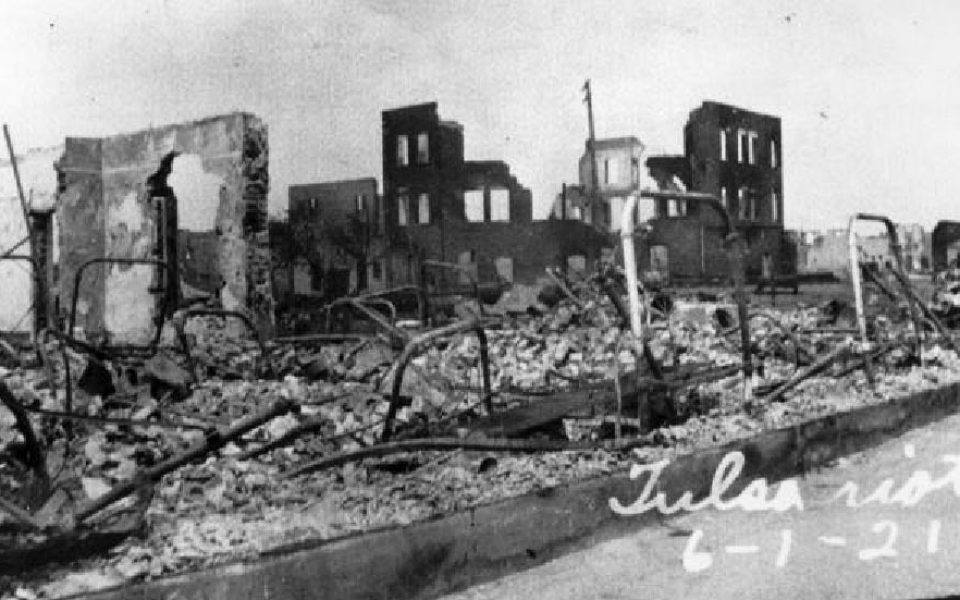- Last recorded lynching in the US – 1981
Whether you agreed or disagreed with Colin Kaepernick choosing not to stand during the playing of “The Star-Spangled Banner,” his position should make you want to take a closer look at America’s history that should not be forgotten. The last recorded lynching in the United States took place in 1981, when two Ku Klux Klan members killed a 19-year-old black man in retaliation for the acquittal of the murder of a police officer.
- 19th Amendment — 1920
The amendment ended a 70-year long fight to guarantee all American women the right to vote.
- The New Deal — 1933-1938
A series of liberal social programs to help the country rebound during the Great Depression, the New Deal was enacted by Congress during the first two terms of President Franklin D. Roosevelt.
- The Trail of Tears — 1838-1839
Cherokee Indians were forced to give up their land and relocate to a territory that is now the state of Oklahoma. It is estimated that 4,000 people died from exposure to the elements, hunger and disease. Some were held in prison camps awaiting the journey.
- The Tulsa Race Riot — 1921
A racially motivated attack on the black community in Tulsa followed news reports of a black teen trying to assault a white elevator operator over that Memorial Day weekend.
- Dred Scott decision — 1857
Even though Scott lived part of his life in a free state, he was not considered a citizen under the Constitution at the time and had no right to sue for his freedom.
- End of anti-miscegenation laws — 1967
Anti-miscegenation laws or interracial laws were not deemed unconstitutional until 1967. Bans applied to the marriage of whites to non-whites but also included Native Americans and Asians. In 1908, Oklahoma banned the marriage of any person of African descent to any person of non-African descent. Louisiana banned the marriage of Native Americans to African Americans in 1920 and Maryland banned the marriage of blacks and Filipinos in 1935.
Join the First Amendment Society, a membership that goes directly to funding TCB‘s newsroom.
We believe that reporting can save the world.
The TCB First Amendment Society recognizes the vital role of a free, unfettered press with a bundling of local experiences designed to build community, and unique engagements with our newsroom that will help you understand, and shape, local journalism’s critical role in uplifting the people in our cities.
All revenue goes directly into the newsroom as reporters’ salaries and freelance commissions.


The New Deal? Is this some kind of test to see if people actually read the articles?